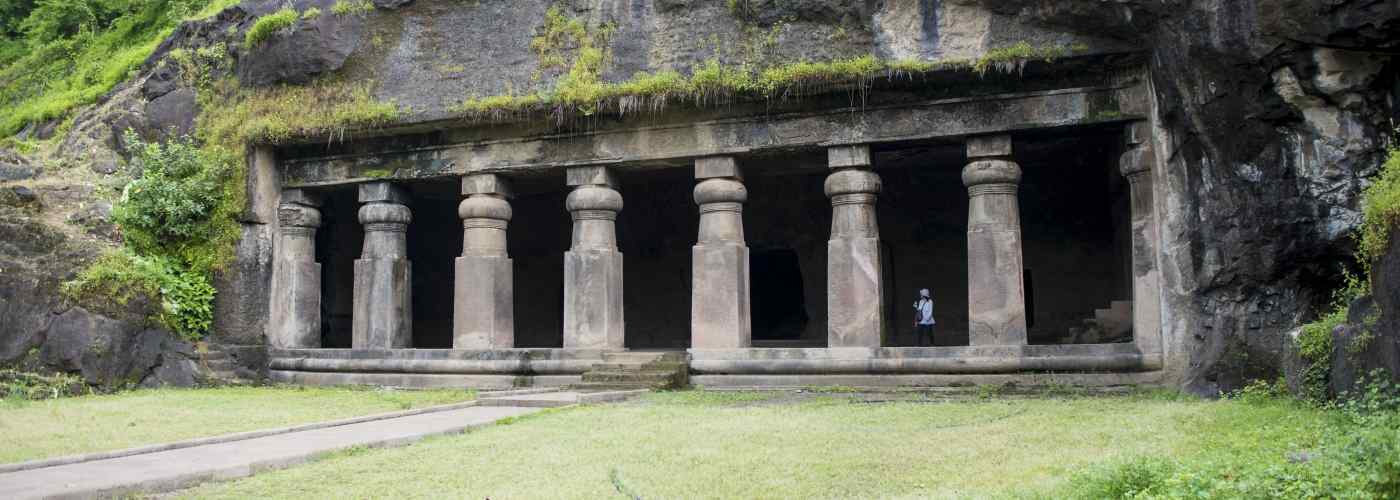
These dynamic cities are gateways into India. They are alive with countless travellers, some spending a night before moving on to other destinations, others choosing to stay longer and soak up the sights, sounds and vibrations of their exotic surroundings.
Mumbai:
- Capital of Maharashtra and India’s most modern, ‘happening’ city.
- visit the Prince of Wales Museum with its art collections, archaeology and natural history
- Gateway of India, a landmark in the picturesque Mumbai harbour
- Malabar Hill with its panoramic views of the city and Arabian Sea
- the hanging gardens and Kamala Nehru Park
- Elephanta Island with its great cave temple honouring the ethereal aspects of Shiva
Delhi:
the walled section — “Old Delhi”, with its roots in antiquity
- the famous 350 year old Red Fort
- Jama Masjid, India’s largest mosque
- Rajghat, where Mahatma Gandhi was cremated
- Shopping
- Restaurants
- the Lotus Temple in South Delhi
Kolkata:
- the cultural capital of India
- Victoria Memorial
- Eden Gardens
- Maidan Fort
- Birla Planetarium
Bangalore:
- the IT hub of India
- modern, vibrant and bursting with new construction
- shopping
- restaurants
- nightclubs
- gardens
- Tippu Sultan’s palace
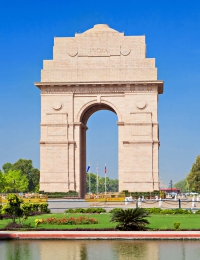
Delhi
India's capital is home to over 17 million people hailing from all corners of the country.
The city is divided into two parts, Old & New Delhi.
The old city is settled within the remnants of a sturdy defensive wall and spread out towards the west of the famous Red Fort which was built by Mughal emperor Shah Jahan between 1638 and 1648. The planning of New Delhi started in 1911 and the new city was inaugurated 20 years later Delhi is steeped in a history which dates back 3000 years.
Old Delhi has some dramatic remnants of the Mughal Empire. You will be able to visit the Red Fort and Jama Masjid, India's largest mosque, both built by emperor Shah Jahan. Rajghat is the site of Mahatma Gandhi's cremation and a significant modern-day pilgrimage site. Throughout New Delhi, there are shopping areas and restaurants plus modern temples including the Lotus Temple in South Delhi.
Bangalore
Like an adolescent stretching his identity in a widening world, Bangalore is jumping with extraordinary levels of new construction and rapid expansion. It's all due to the globalisation of the IT industry and the proliferation of international call centres. Consequently, ambitious young people have flocked to the colleges here hoping to graduate in computer science and make their fortunes as the IT gurus of the 21st century. Bangalore's vibrant nightlife reflects this youthful energy. Situated on the Deccan plateau, Bangalore enjoys a slightly cooler climate and is known for its gardens and green urban spaces. While not noted for sights of traditional value, there is striking architecture to be found in the local parliament buildings and Tippu Sultan's palace. A short stop in Bangalore is sufficient to get a feeling for the various activities that keep this city busy around the clock.
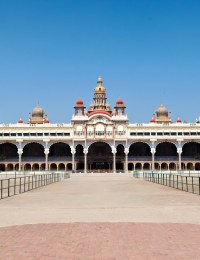
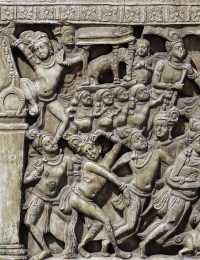
Kolkata
Any city inexorably linked with a 'Black Hole' bearing the same name could be said to have an image problem. The city formerly known as Calcutta has begun to transcend this image in recent years however, overseas visitors are now starting to recognise that it is an energetic and cosmopolitan city well deserving of its title as the Cultural Capital of India. Indeed Calcutta was the original capital city of modern India until the British moved their base of government to Delhi in 1911. Now home to over 12 million people, Kolkata has many monuments to its rich colonial past including the impressive Victoria Memorial, Eden Gardens near the Maidan Fort and Birla Planetarium, all of which can be seen in a day's sightseeing of the city.
Mumbai
Formerly Bombay, Mumbai, the capital of Maharashtra, is the fastest-moving, most affluent and industrialised city in India. The city has a natural harbour, which was developed by the British and is one of the busiest ports in India. It is home to people of all Indian creeds and cultures, a fascinating city, throbbing with life, and for many, the gateway to India. Among the activities available in Mumbai a highlight is a visit to the Prince of Wales Museum. It is modelled on the Indo-Saracenic design and has sections for art and paintings, archaeology, and natural history. You will also want to visit the Gateway of India, the principal landmark of Mumbai, and the major landmark in the harbour in the days when visitors arrived by ship. The gateway was conceived following the visit of King George V to India in 1911 and was officially opened in 1924. Its architecture is a blend of styles with elements derived from the Muslim styles of 16th-century Gujarat and France's Arc de Triomphe. A major landmark of this vibrant city is the Victoria Terminus railway station. You can also take a drive up to Malabar hill to the lovely hanging gardens and the Kamala Nehru Park from where you will get a wonderful view of Mumbai and the Arabian Sea spread out before you. Another 'must' for visitors to Mumbai is an excursion to Elephanta Island. The island is famous for its great cave shrine, excavated in the sixth century. The cave temple, which is the pride of Elephanta, sprawls over an area of approximately 5000 square meters and is reached by climbing a flight of more than 100 steps, to the top of the hill. One's attention is immediately drawn to the series of marvellous sculptured panels, nine in all, which seems to create an energy field in the cave premises. Each of the panels captures the volatility of Shiva's essentially paradoxical nature. The magical interplay of light and shade only intensifies the overall effect.
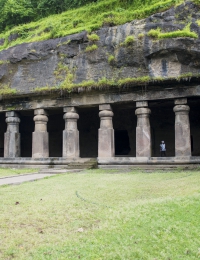
Things to do in india
Top Trending Packages in India
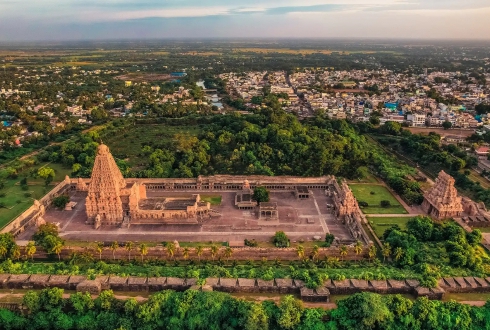
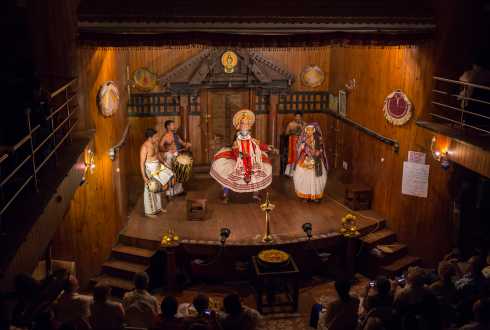
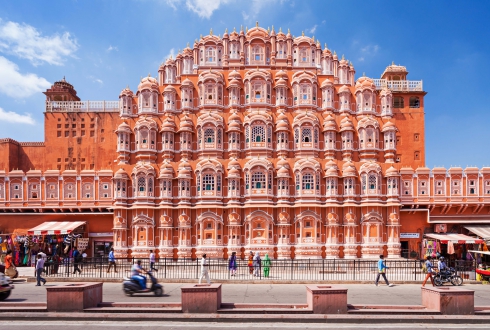
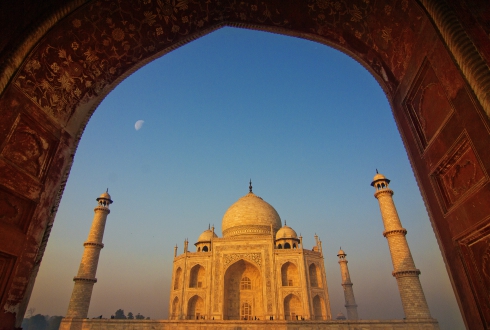
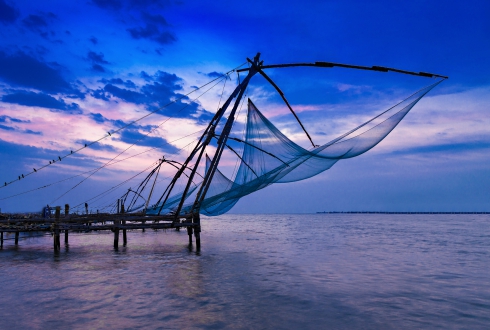
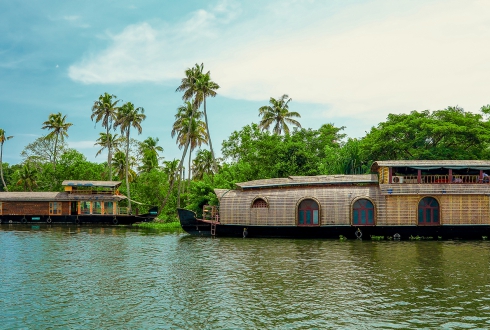
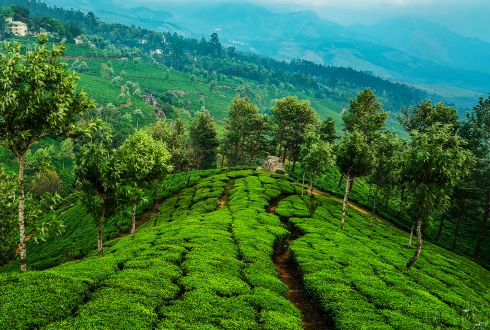
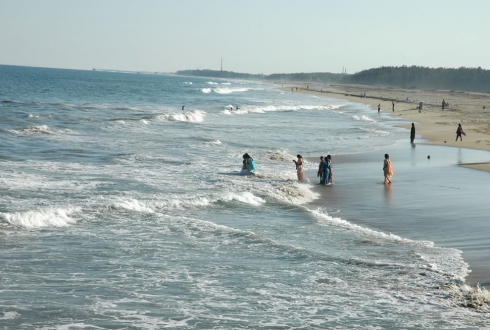
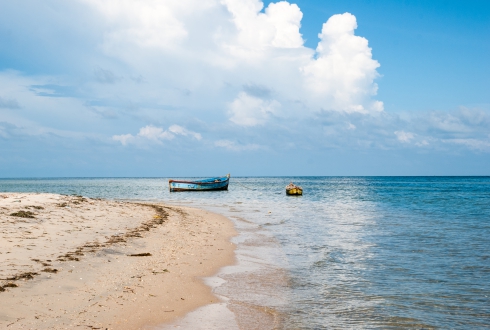
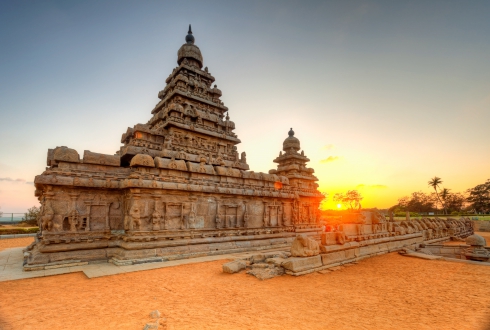
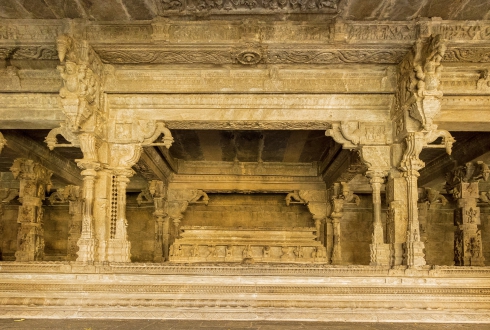
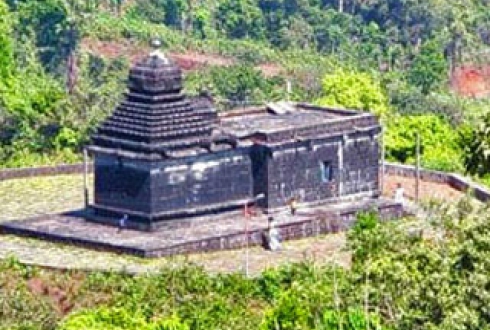
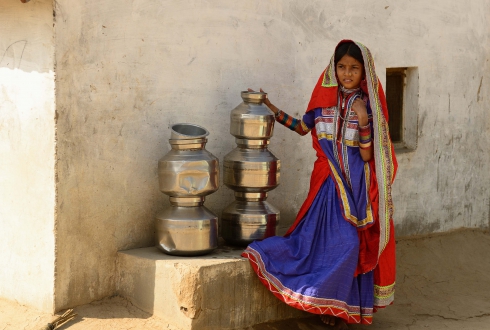
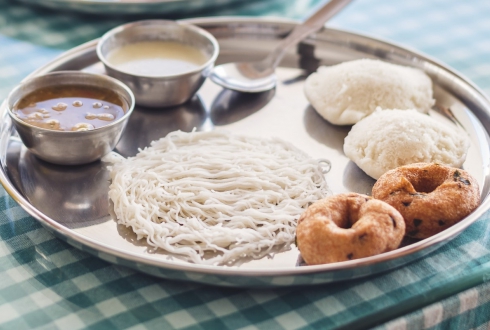
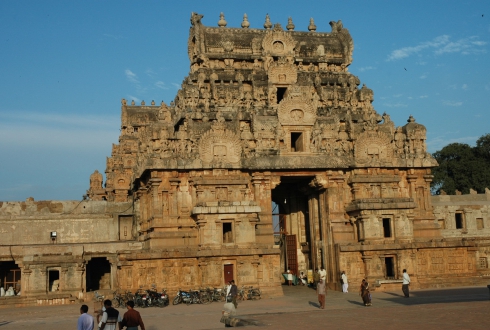
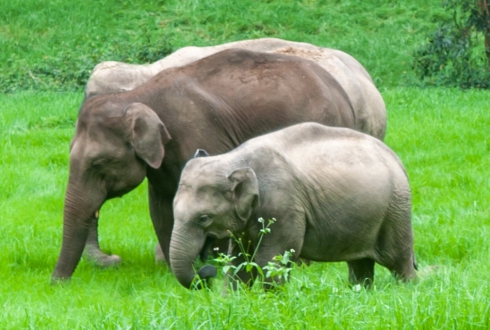
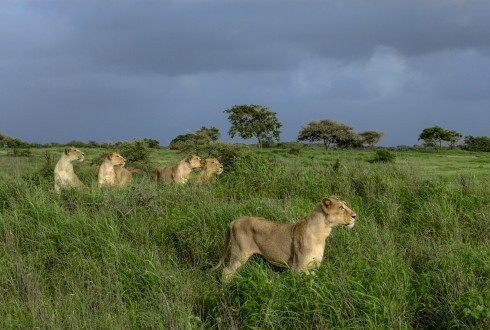
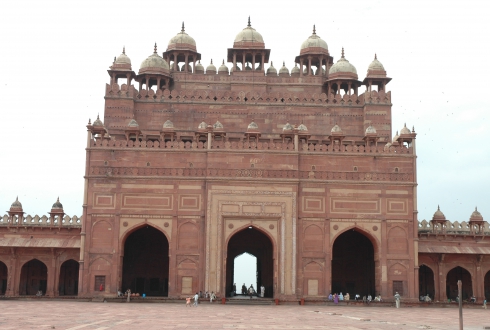
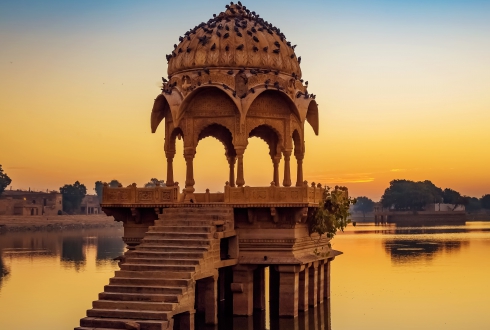
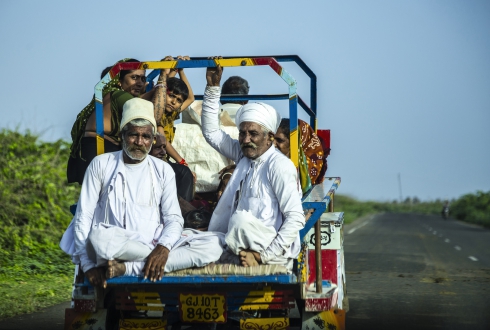
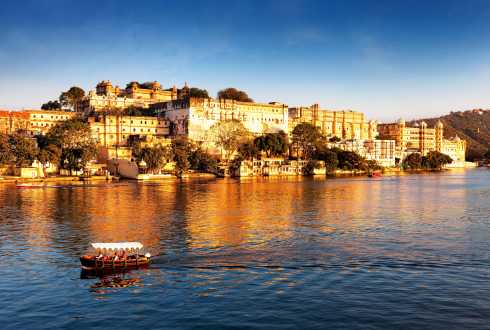
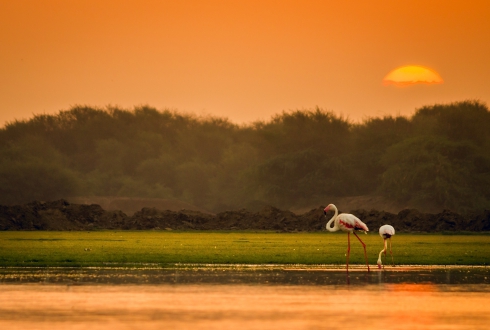
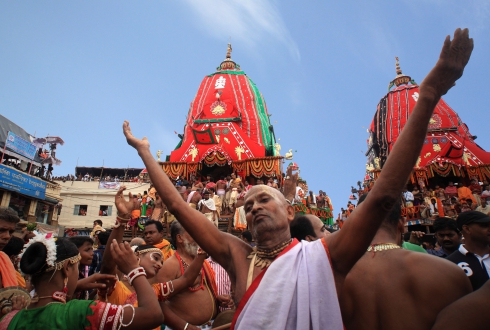
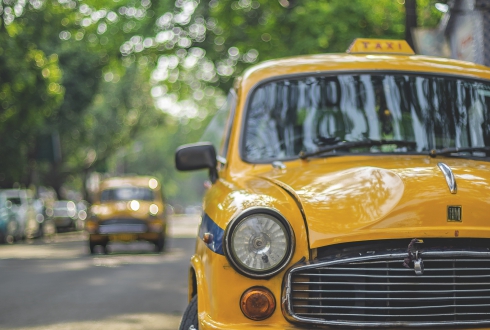
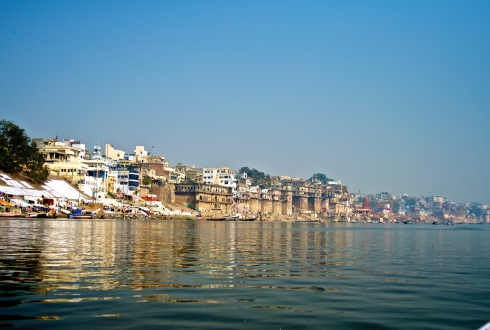
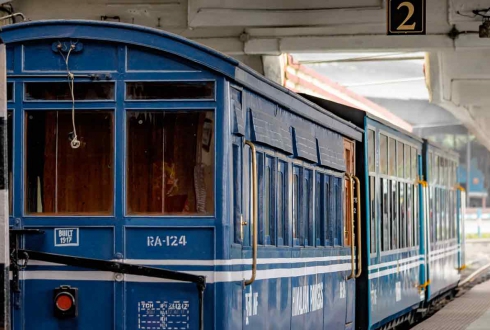
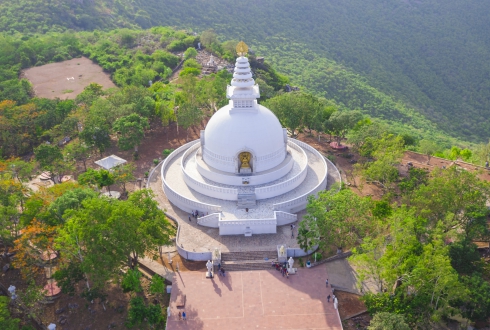

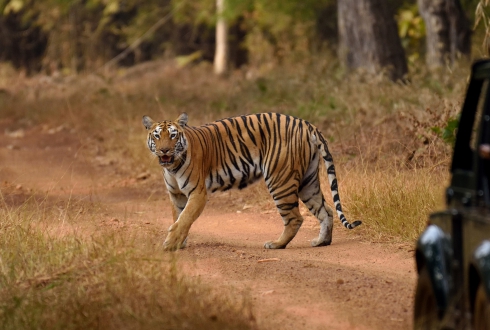
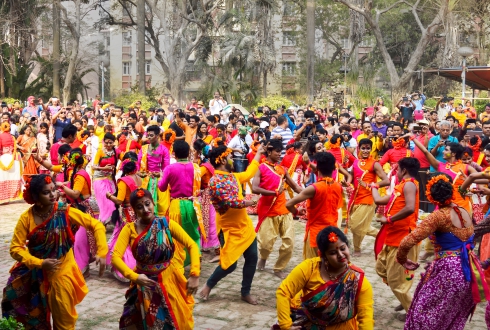
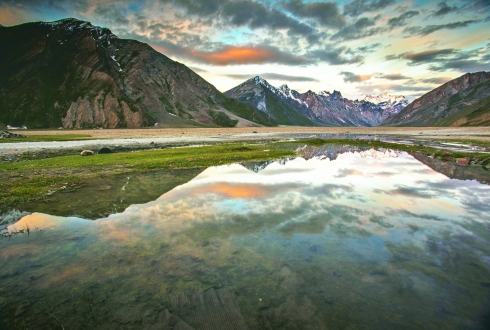
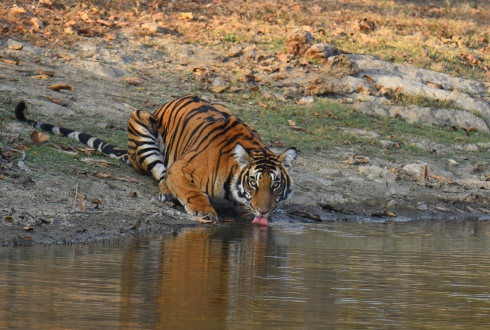
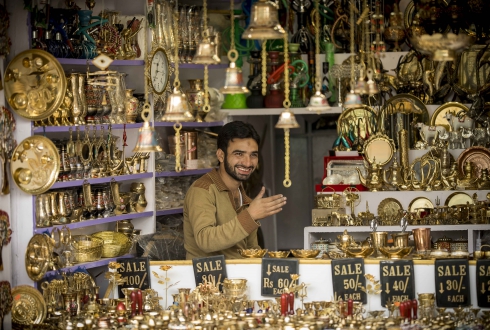
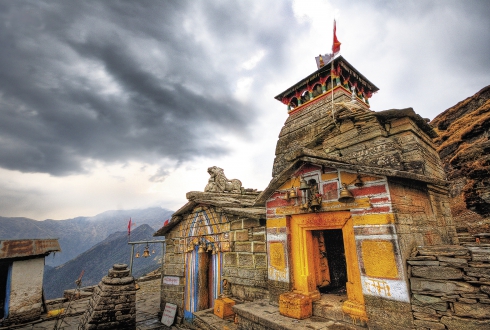
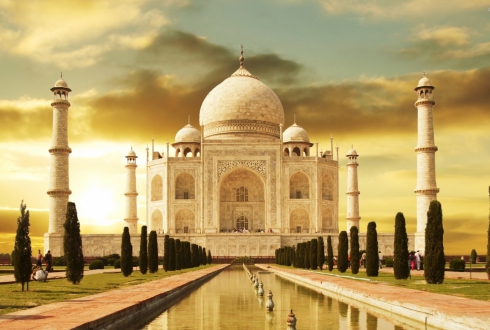
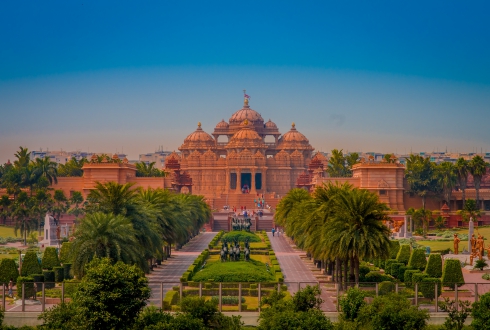
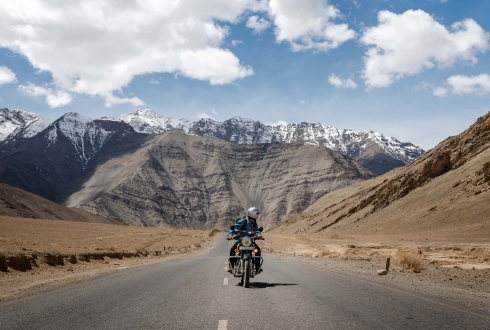
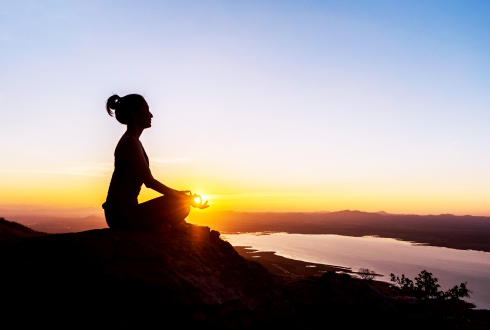
Why Indian Panorama
- Experience: Over 25 years of expertise in customizing India tours.
- Personal Touch: Every tour is carefully crafted to meet your individual preferences and interests.
- Sustainability Commitment: We actively promote and practice sustainable tourism, ensuring minimal impact on the environment and maximum benefit to local communities.
What Our Customers Say About US
A PHP Error was encountered
Severity: Warning
Message: file_get_contents(http://www.cholantours.co.in/api/client/guestfeedbacksel): failed to open stream: HTTP request failed! HTTP/1.1 404 Not Found
Filename: views/view_besttime_act.php
Line Number: 151
Backtrace:
File: /home/panoramichouse/public_html/new.panoramichouseboats.com/application/views/view_besttime_act.php
Line: 151
Function: file_get_contents
File: /home/panoramichouse/public_html/new.panoramichouseboats.com/application/views/view_activity_detail.php
Line: 57
Function: view
File: /home/panoramichouse/public_html/new.panoramichouseboats.com/application/controllers/Activity.php
Line: 36
Function: view
File: /home/panoramichouse/public_html/new.panoramichouseboats.com/index.php
Line: 315
Function: require_once
A PHP Error was encountered
Severity: Warning
Message: Invalid argument supplied for foreach()
Filename: views/view_besttime_act.php
Line Number: 153
Backtrace:
File: /home/panoramichouse/public_html/new.panoramichouseboats.com/application/views/view_besttime_act.php
Line: 153
Function: _error_handler
File: /home/panoramichouse/public_html/new.panoramichouseboats.com/application/views/view_activity_detail.php
Line: 57
Function: view
File: /home/panoramichouse/public_html/new.panoramichouseboats.com/application/controllers/Activity.php
Line: 36
Function: view
File: /home/panoramichouse/public_html/new.panoramichouseboats.com/index.php
Line: 315
Function: require_once